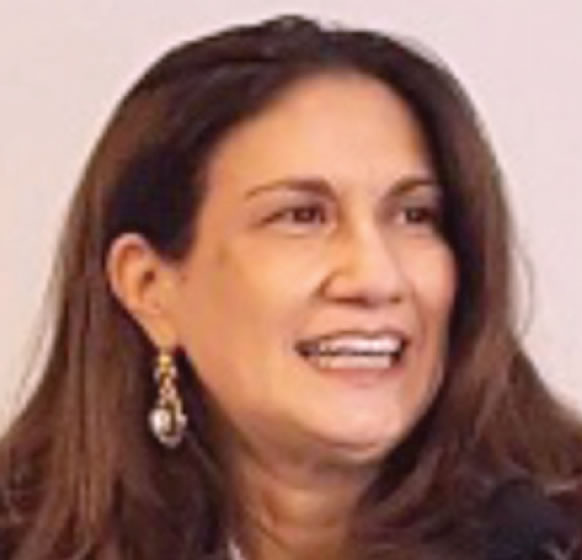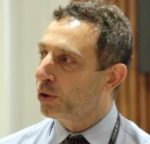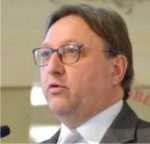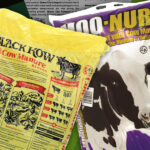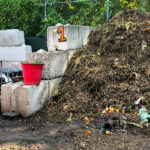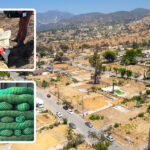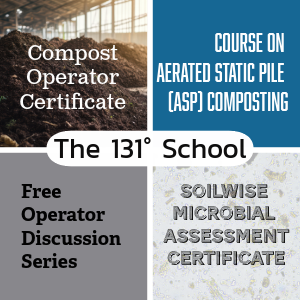BioCycle August 2019
Enzo Favoino, Lombardy Region
Enzo Favoino, as a researcher on sustainable waste management strategies at the Scuola Agraria del Parco di Monza, strongly supported and contributed to the implementation of the first door to door separate collection schemes in Italy including the organic fraction in the early 1990s. Favoino’s worked paved the way to the development of the national biowaste recycling sector. He has contributed to dissemination around the world of the scientific and operational principles of organic recycling, door to door collection, and optimization of schemes for organic waste collection.
Massimo Centemero, Italian Composting Association
Massimo Centemero, as a researcher at the Scuola Agraria del Parco di Monza, introduced — in the early 1990s — door to-door source separated collection in Italy. Later, when working as the technical director of the Italian Composting Association, Centemero foresaw the importance of the issue of quality in the biowaste chain and carbon restoration into the soils. This led to him starting a compost quality label and quality assurance system in 2003, which is still the primary one in Italy. Creation of the assurance system was followed by the certification of compostable packaging included in the biowaste stream — actually tested in full-scale facilities — and finally by the launch of a systematic assessment of biowaste composition across Italy based on hundreds of analyses performed every year.
Edoardo Ronchi, Italian Ministry of the Environment
Edoardo Ronchi was the Italian Minister of the Environment whom, in the second half of the 1990s, gave birth to a law (called Ronchi decree, after his name) on waste management. The law, for the first time, went beyond the simple matter of safe disposal of waste, and introduced an integrated system based on local plans that required implementation of waste management policies based on the hierarchy of priorities (stressing the prevention and recycling with material recovery as the preferred ones). The Ronchi decree made Italy the first European Union country with the policy of separate collection and ambitious targets for municipal solid waste.
Rosanna Laraia, Italian Environment Agency
Rosanna Laraia, as a manager of the waste unit at the Italian Environment Agency (formerly ANPA, now ISPRA), first introduced the annual collection, elaboration and reporting of all the data on waste management in Italy in the late 1990s. This enabled monitoring of and improvement in biowaste collection and recycling, thus stimulating further growth of the sector. Given Laraia’s commitment to the biowaste sector, in 2001 she promoted the codification and publication of the first ANPA methods for compost quality assessment.
BioCycle thanks the Italian Composting Association for selecting the Trailblazers and writing their profiles.


